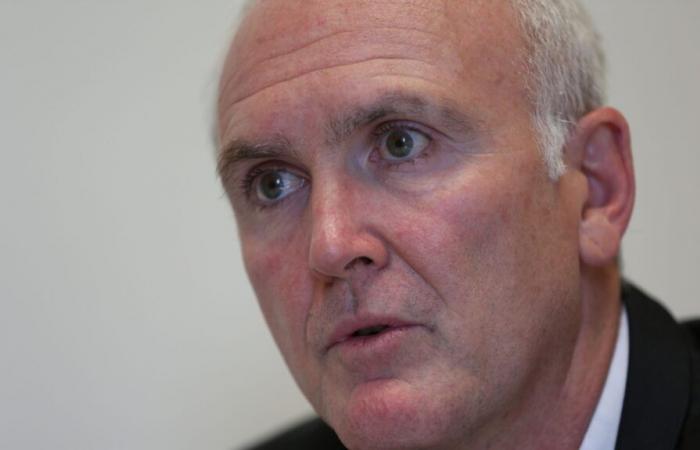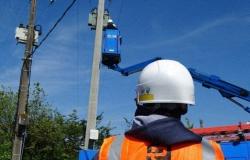The Prime Minister promised to reduce the financial effort requested from the Departments. In this context, what do the main 2025 budgetary guidelines look like for your community?
“We took into account the initial effort requested, that is to say, for us, between €6.5 and €7 million. You should know that we are a community which can no longer raise taxes and which has fixed costs with the AIS (Individual solidarity allowances made up of active solidarity income, the personalized autonomy allowance and the compensation benefit for disability), which increase according to the will of the State. In addition to the reduction in DMTO (transfer rights for valuable consideration, in other words “notary fees”). We therefore have additional expenses and less income. »
Should the Departments nevertheless participate in this effort?
“Of course, but not too much. Of the overall effort requested from communities, we contributed 44%. Today, out of 103 departments, 30 are in serious financial difficulties. If the finance bill were implemented as proposed, the figure would rise to 80. Thanks to our good past and current management, Indre is fortunate to be able to have a calm vision of the near future. We will be able to invest at the same level. »
Because you have a nest egg?
“Because we don’t have a loan. My colleagues who are in difficulty are in difficulty because they have to repay their debt and cannot invest. »
On this subject, the opposition always accuses you of being too cautious…
“The current events prove us right. It's been three years in a row that we have been the department in the region that invests the most per capita. We are able to offer a fund open to municipalities: a file submitted is a file financed. Even in the worst-case scenario, we will maintain our aid to associations. »
What are the main investments planned for 2025?
“The budgetary orientation debate does not go into details but I can tell you, for example, that we are going to launch work for €5 million on the new Children's Home, in Touvent, next to the Maison des sports. It will make it possible to accommodate children aged 6 to 12 who must be protected in modern premises. »
The scandal of children from the North placed in Indre revealed the flaws in the child welfare system. Are you planning to take action?
“It’s a tragedy but we didn’t wait for this case to be vigilant about the placement of the children. There, we were in the case of unapproved families whose existence we did not know. At the Assembly of French Departments, I asked Minister Agnès Canayer (delegate for early childhood) to be vigilant about communication between departments and for there to be collaborative control by the State. »
While the medical demographics are not improving in Indre, are you going to continue to pay installation aid which does not solve anything?
“If the situation doesn't get worse, it's because we stopped the bleeding. I am against funding doctors but if we don't do it, they will look elsewhere. Until there is a national agreement between the departments, if you don't do it, you are dead. On this subject, I was also alerted by Hervé Mignot, president of the Territorial Health Council (CTS) of Indre about a problem with the distribution of interns between the departments of Centre-Val de Loire. I did my calculations and, of the 363 interns, 4.4% are with us while we represent 8.6% of the population. In Indre-et-Loire, they are 29.7% for 23.7% of the population. It is the Regional Health Agency (ARS) which regulates in collaboration with the University of Tours. I am going to ask the prefect to create a body including the presidents of the CTS to find a better balance. »






